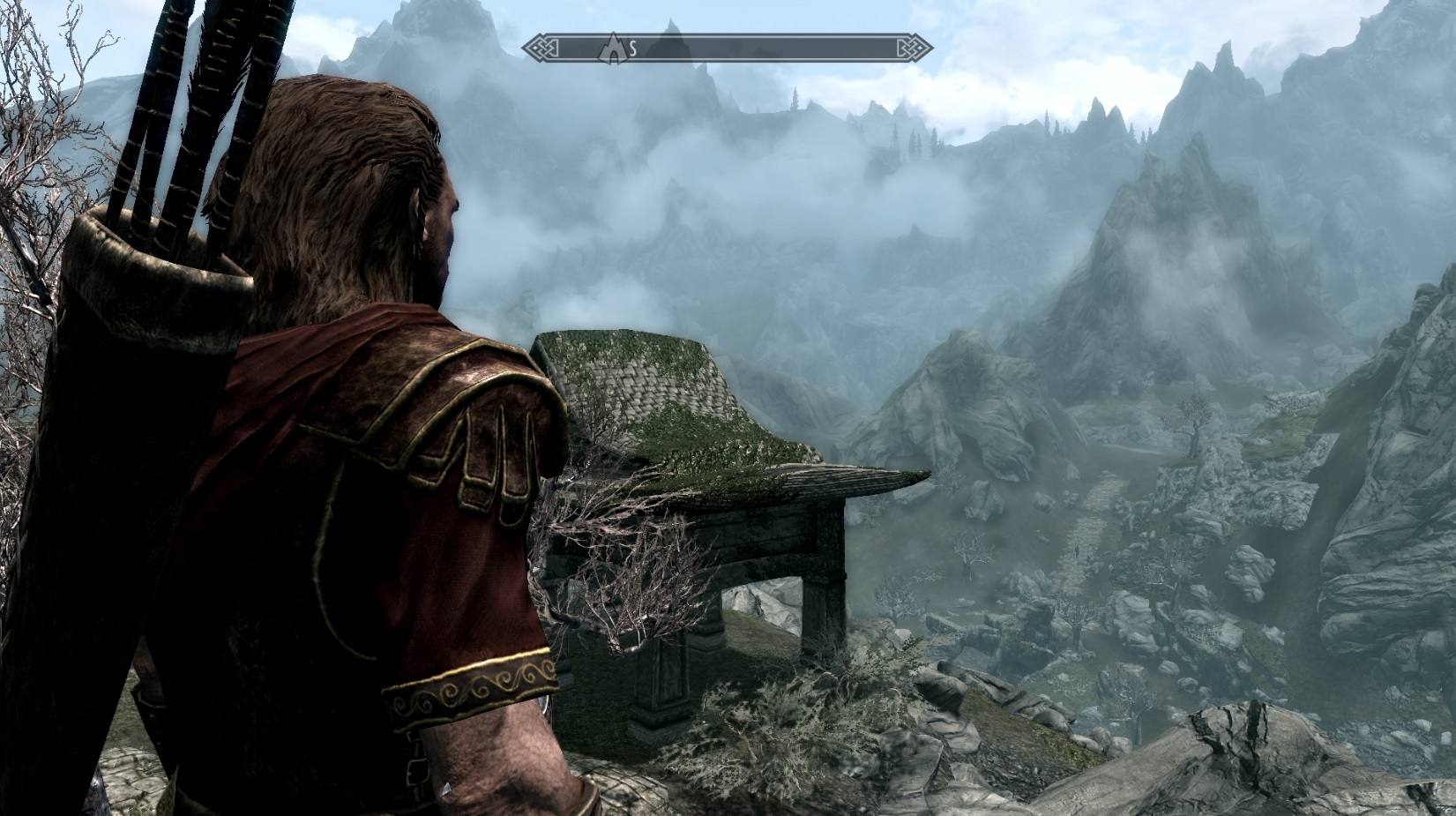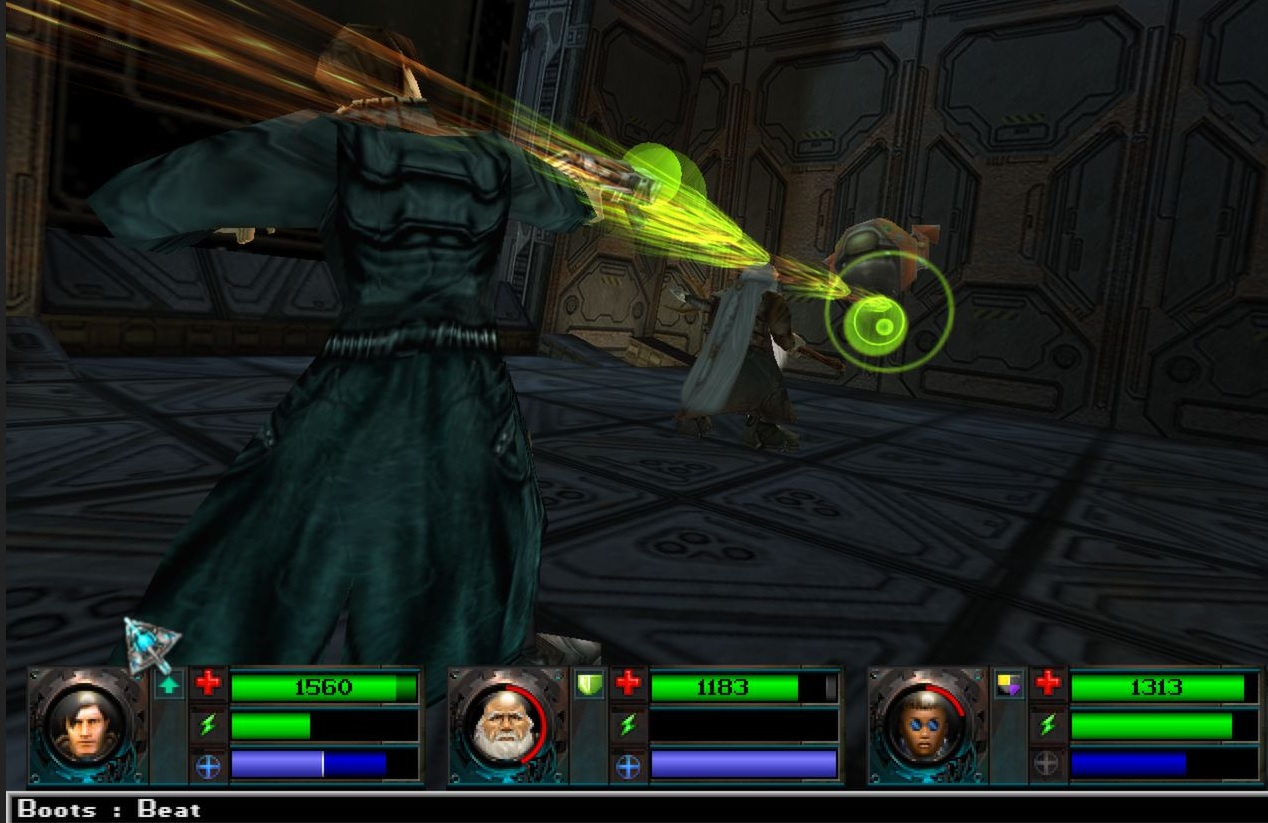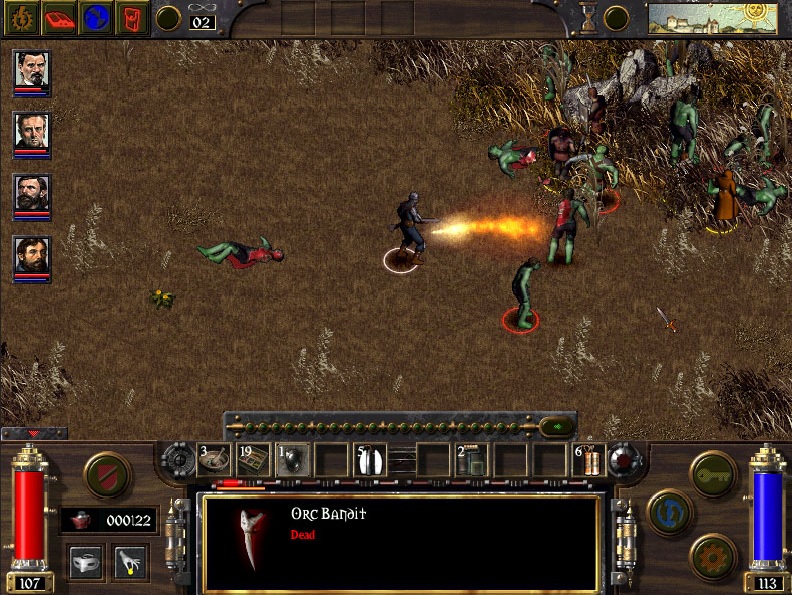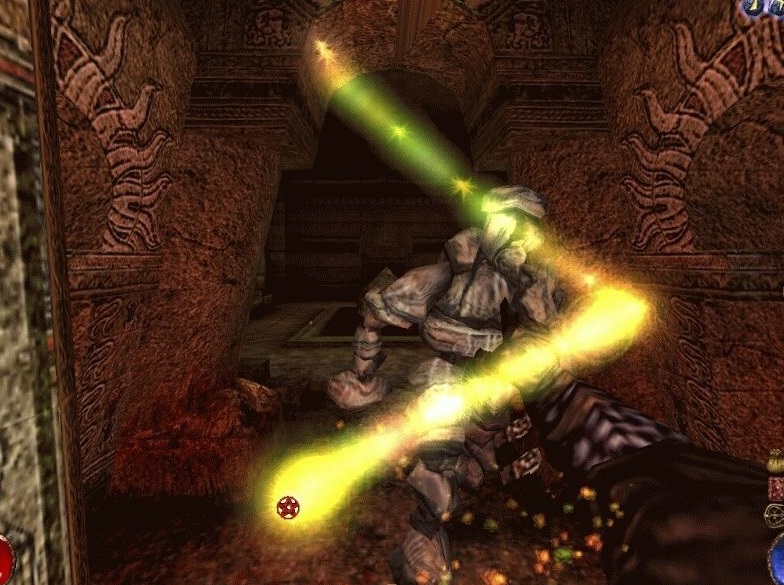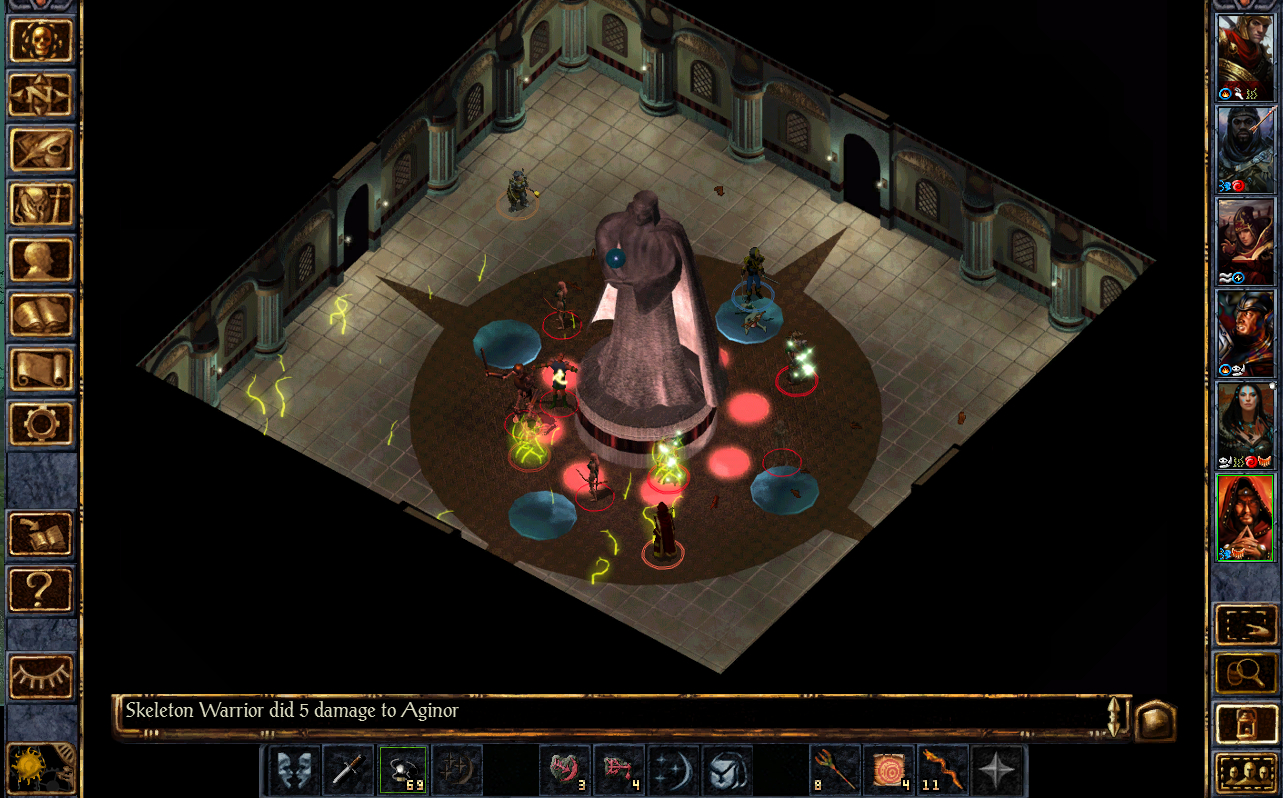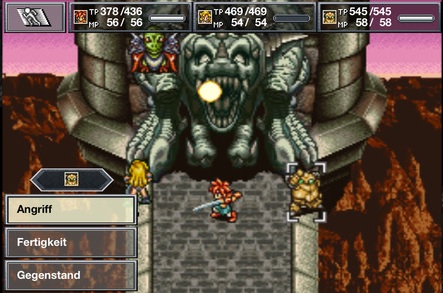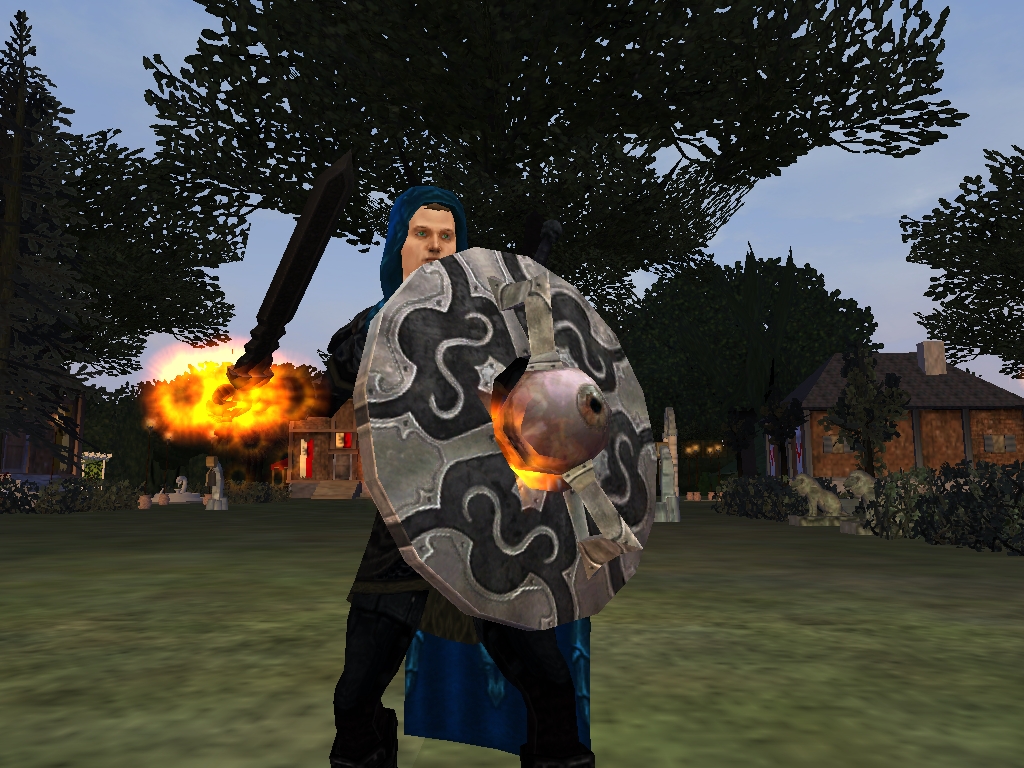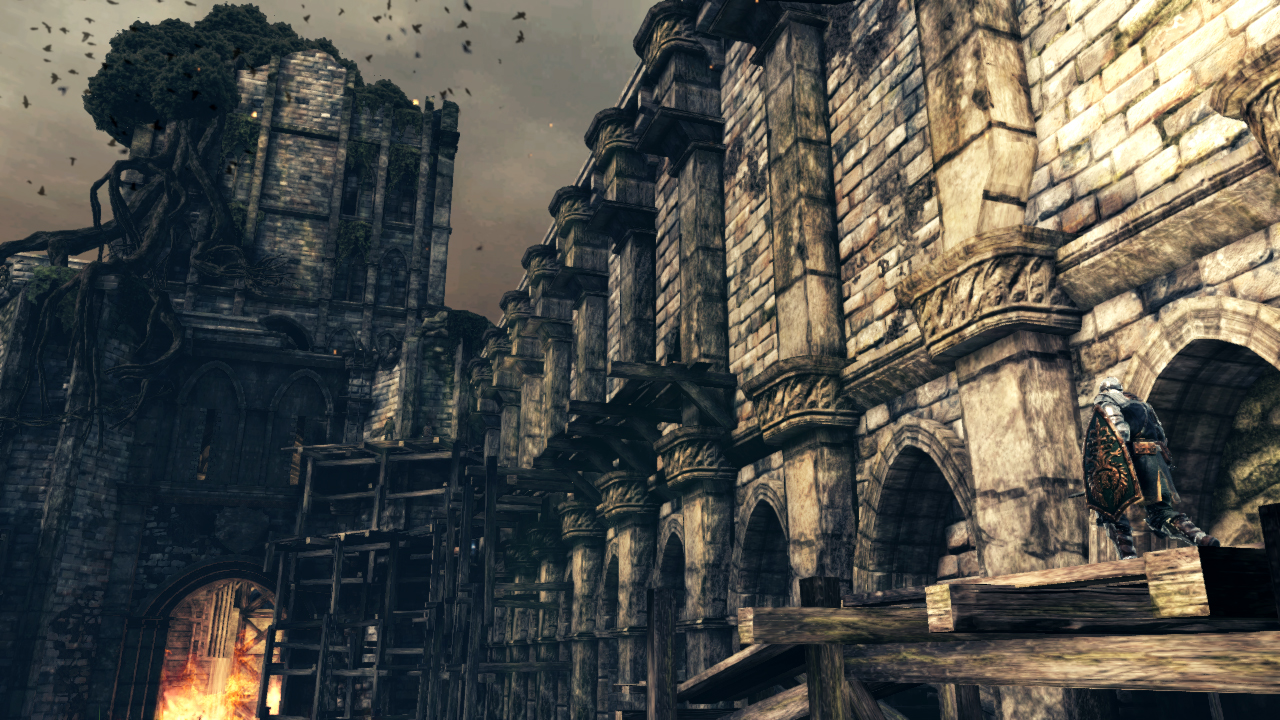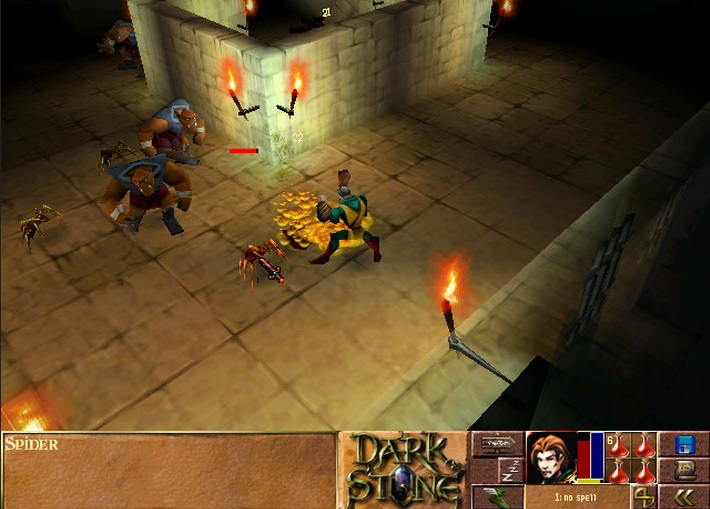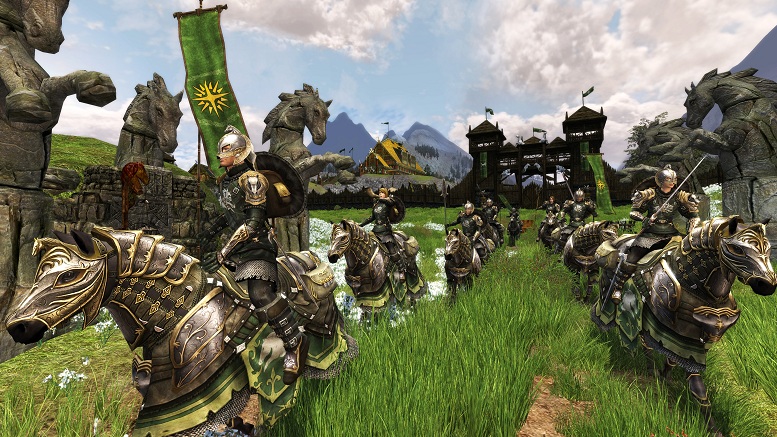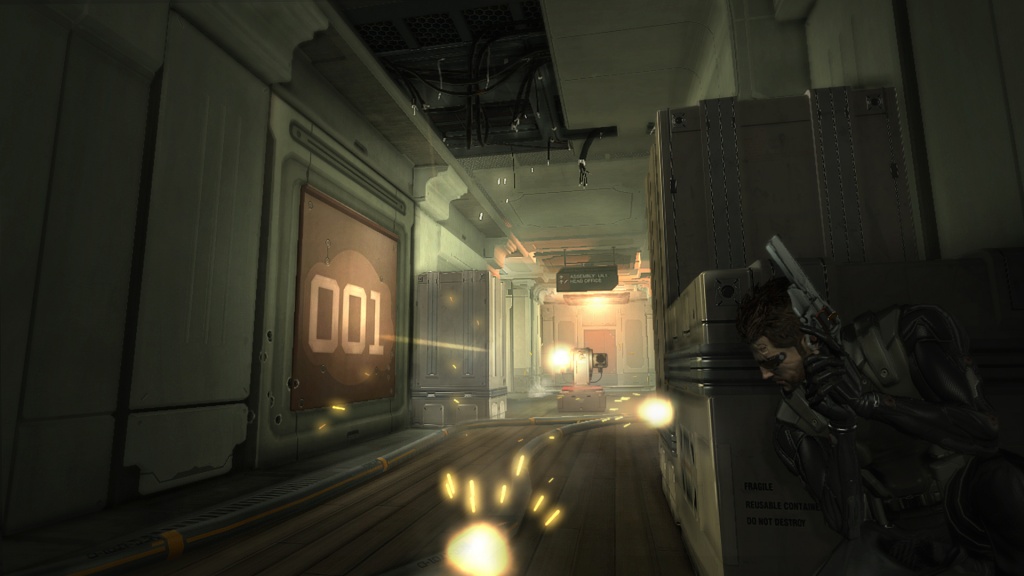In Pictures: Tom's Top 50 RPGs
Today we take a journey spanning 40 years of role-playing games (RPGs). Exciting examples range from classics like the Ultima series to the modern blockbuster Skyrim. Old or new, the following 50 games left their mark on the genre.
Fighting The Good Fight
Fight evil, free the princess and collect lots of loot on the way. That’s the role player’s bread and butter. The RPG's hallmark feature is that the player slips into the hero's shoes, usually of the fantasy or science fiction variety, and experiences an interactive story.
Conversations and decisions often play as much a part as fighting enemies in these games. Successes usually yield experience points, which are important for developing the player’s character.
Deciding what is or isn’t an RPG can be difficult, especially since there are a lot of games that are somewhere in the gray zone between genres. This overlap is often what makes a title particularly interesting, though.
With two blockbuster games coming out these days, namely Dragon Age: Inquisition and Witcher 3: Wild Hunt, it’s the perfect time to take a look at history. In the following slides, we’ll take a journey through the storied history of 40 years of role-playing games. Here are the 50 biggest RPGs in alphabetical order, each one of which left its mark on the genre.
Anachronox (2001)
Anachronox came out in 2001 and took the player to the world of the same name. You stepped into the shoes of Sylvester "Sly Boots" Bucelli and had to solve a mystery threatening the whole galaxy. Up to seven other characters joined the hero for this task.
The game’s humor, storytelling and cyberpunk atmosphere similar to Shadowrun were a hit with fans.
Arcanum: Of Steamworks And Magick Obscura (2001)
Arcanum: Of Steamworks and Magick Obscura by Troika Games is set in a magical fantasy world going through an industrial revolution. It thus presents a mix of magic and steampunk. The player gets to decide which side to go with.
Get Tom's Hardware's best news and in-depth reviews, straight to your inbox.
You have access to the classic repertoire of magic spells, as well as explosives and guns. Battles can often be avoided altogether with some clever diplomacy.
Arcanum gave the player a lot of choices and options. Combined with the scenario, which was still fresh at the time, this constituted the game’s main draw. However, outdated graphics (even by 2001’s standards) were a major flaw.
Arx Fatalis (2002)
Arx Fatalis is set in the underground world of Arx, to which humankind withdrew after the sun went out. You wake up in an uncomfortable prison cell without knowing how you got there. As usual in RPGs, you later discover that you have a larger role to play in the fate of the world.
The player explores the dark world from a first-person perspective, fighting monsters and villains with weapons and magic along the way.
The magic system was particularly inventive. A spell was triggered by drawing a magical gesture in the air with the mouse. This contributed further to the already high level of interactivity in Arx Fatalis. Potions could be brewed, people could be talked to and even meals could be cooked.
Baldur's Gate (1998), Baldur's Gate II: Shadows Of Amn (2000)
This is our first BioWare title! The two Baldur’s Gate games offered fantastic RPG entertainment. A gigantic game world, a riveting story set in the Dungeons & Dragons universe and countless possibilities were the titles' strengths.
They also featured fascinating companions who had their own personalities and could even leave the group if they disagreed with the player’s choices.
The Baldur’s Gate games are real RPG classics. Both came out recently as enhanced editions, making them accessible to current gamers.
Chrono Trigger (1995)
Time travel is the theme of this RPG classic. The game Chrono Trigger came out in 1995 for the SNES and has had a massive fan base ever since.
You accompany the protagonist Chrono and several of his companions to seven different eras – from primeval times to the Middle Ages all the way to the future – in order to save the world from the alien Lavos.
Nintendo DS owners were able to enjoy a new edition of this classic in 2009, and an iOS version came out in 2011. Our picture shows the latter.
Dark Age Of Camelot (2002)
Dark Age of Camelot had already done everything that made World of Warcraft what it was. The 2002 MMORPG offered specialized classes (tank, healer, DPS), many playable races and factions, as well as significant PvP options.
A lot of emphasis was placed on the fight between realms (Realm versus Realm or, for short, RvR). The player could fight in the border areas for Albion, Midgard or Hibernia to conquer fortresses and towers to expand their realm.
Dark Souls (2011), Dark Souls II (2014)
“YOU DIED” – this brief sentence is all too familiar to players of Dark Souls, which is completely unforgiving when it comes to mistakes. Then again, that made taking down bosses so much sweeter.
Hardcore RPG players are in for a challenging adventure with a precise combat system. The demons can be battled with either a melee fighter or a wizard.
Darkstone: Evil Reigns (1999)
Darkstone is a hack-and-slash game in which the land of Uma needs to be freed from the villain Draak. You can take the role of eight different heroes, such as the Amazon, the monk and the wizard.
As opposed to Diablo, developer Delphine used 3D graphics for the game engine, which was nice at the time. This action RPG was recently re-released as an iOS version, and can be bought in Apple’s App Store for a good price.
The Lord Of The Rings Online: Shadows Of Angmar (2007)
In this MMORPG, you're given the opportunity to experience epic adventures in Middle-earth. Different races and classes are available for this purpose. If you’ve always wanted to play a hobbit, then this is your chance! And you won’t even need to pay for the privilege, since the game has been free-to-play (F2P) since 2010.
A total of five expansions have extended the game’s world by adding areas like Lórien, Mirkwood and Dunland. In the last expansion, the player can even participate in the Battle at Helm's Deep.
Even though this MMORPG can’t hold a candle to World of Warcraft, fans of the Lord of the Rings universe will certainly have fun with it.
Deus Ex (2000), Deus Ex: Invisible War (2004), Deus Ex: Human Revolution (2011), Deus Ex: The Fall (2014)
Those who like dystopian societies, corporate conspiracies and a lot of freedom for tackling challenges will love the Deus Ex games, or at least the original and Human Revolution.
The high points are engaging stories and dark atmosphere. How the games’ various missions are completed is largely up to you. Go in guns blazing, use stealth or make things easier by hacking security systems - they're all viable gaming styles.
The player also has to make a lot of decisions that actually have a strong influence on the game’s ending. These decisions are what create the feeling that you play an important role in the game.
-
babernet_1 Please don't use this format. I can only jump from the first to the second picture then it locks up.Reply
EDIT
Okay, it was addblock plus. I disabled it for this site and now the presentation works.
Very clever, Toms Hardware.
-
zero messiah "The most notable titles are Final Fantasy VII and Final Fantasy IX. The former was the first game in the series to feature 3D graphics and sold approximately 10 million copies worldwide. The latter was the first MMORPG in the series, which is now being continued with Final Fantasy XIV."Reply
Final fantasy IX is for Playstation 1 and is not an mmorpg. FF 11 is the first mmo for the series, and if you want to talk about the most notable, FF 7 and 6 are.
-
synphul I agree, ff6 and 7 were pretty notable. The ff series came a long way since the first one on the nes. Loved that game, got me hooked. They had a few mediocre titles but most of them were pretty good.Reply -
Super_Nova It's a real shame that The Phantasy Star series was left out. I also miss Shining Force in the list.Reply -
bit_user Reply
Maybe upgrade your browser, or at least use a HTML 5 compliant browser for this site? It doesn't seem fair that sites should have to cater to the lowest common denominator, like it's 1999 or something.15347117 said:Please don't use this format. I can only jump from the first to the second picture then it locks up.
-
bit_user Reply
That's the problem with these articles. A few people will always be upset that some of their favorite games got left out.15347603 said:It's a real shame that The Phantasy Star series was left out. I also miss Shining Force in the list.
I actually wonder how much of that is due to games that perhaps weren't that great, but the person either hasn't played a wide variety or maybe it was just during their younger years so it made a greater impression on them than it would now. I'm not saying that applies to either of the titles you mentioned, since I haven't played them.
It does seem a bit odd how various different subgenres were combined into a single list. Such as turn-based, realtime, and MMORPGs. I wonder if some of these titles mightn't have even qualified as adventure games.
-
nukemaster Reply
I highly doubt they are using a browser that can not support the site.15348011 said:
Maybe upgrade your browser, or at least use a HTML 5 compliant browser for this site? It doesn't seem fair that sites should have to cater to the lowest common denominator, like it's 1999 or something.15347117 said:Please don't use this format. I can only jump from the first to the second picture then it locks up.
It is more likely they have Adblock or another plugin/addon installed that is messing with the page(I would also guess firefox as the web browser). It does have some negative side effects because the assets for the site can be hosted on various servers.
If the lowest common demonstrator was not main factor in webpages we would not be back to the 90's with animated gif's being more popular than videos online because cell phones/tablets do not always work with video sharing sites(flash limit, not that FLV playback would have caused any of these battery issues users claimed). An mp4 video actually takes less space than these gifs at the same frame rate and resolution(all without the 8-bit color limitation).
